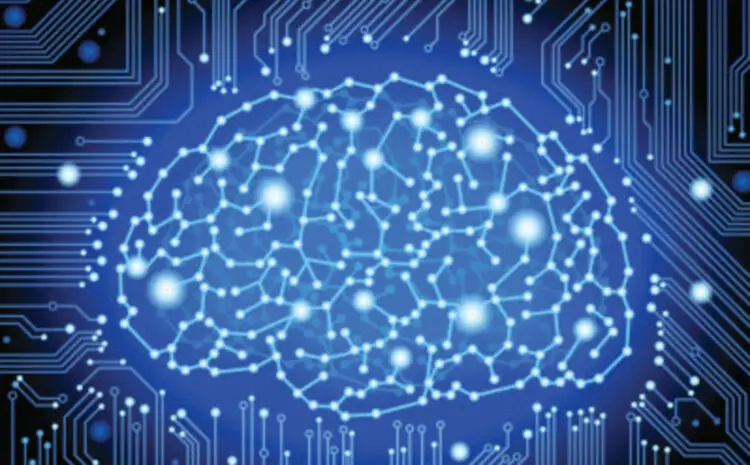Artifical Intelligence versus Credit Manager: Who makes the best decisions?

Man or machine? A question that has fascinated for decades. 20 years ago the reigning world chess champion Garry Kasparov was beaten in a game by the computer Deep Blue for the first time. Today it is all about the Asian game of Go as the South Korean champion Lee Sedol was defeated by Google’s Software AlphaGo. This playful experiment has a significant impact on the economy. Artificial intelligence is attempting to independently make decisions and will replace humans in many occupations. Among the most vulnerable employment groups is the Credit Manager. What effect will this have on the assessment of corporate risks? Jan Schneider-Maessen, chairman of the Federal Association of Credit Management (BvCM) and board member of the European umbrella organization FECMA explains.
Credit Managers protect their companies from defaults and explore opportunities for new revenue streams. They make decisions based on hard business data, experience and the proverbial gut feeling. Can intelligent computer programs take on this activity?
In a study by Carl Benedikt Frey and Michael A. Osborne of the University of Oxford from 2013, the probability of computerisation for 702 detailed occupation is calculated. The credit analyst is at position 677 of 702 rated occupations with the highest replacement probabilities. We note today that the willingness of companies to train employees to become credit managers is falling. This is a consequence of increasing automation.
How can we make sense of this development?
The calculation of statistical probability of default on payment is one of the lighter tasks of computer software. Such tools have been available to Credit Managers for years. These programs have become so much more sophisticated that many corporate leaders no longer want to use credit managers. They smell savings.
What is the degree of the automated decisions Credit Management is nowadays?
The decision on the granting of trade credits is increasingly digitized. Decisions are made in milliseconds; and nobody has to fill out more forms. Soon 80 per cent of all credit decisions will be automatically covered. Trained specialists are needed for the remaining 20 per cent. In the not too distant future, the relationship will move to 95-5 in favour of the automated decisions.
What does this mean for companies that are simultaneously customer and supplier?
This means that they are dependent on the decisions of a computer. These decisions can only be as good as the data with which it is fed. When the software checks obsolete data, it may happen that a company gets no supplier credit, although it is healthy and currently has no failure probability. Equally, it may happen that a supplier of the company is badly assessed, thereby jeopardising a good business relationship. All companies are therefore required to provide credit rating agencies, credit insurers and other data collectors with the freshest possible figures available. A proactive approach is required. Companies who “hoarding” their data can get into trouble.
Is human judgment when making credit decisions no longer relevant?
Experience and the human “gut feeling” is less important. References to many years of good business relations or the positive assessment of an entrepreneurial personality is no longer relevant to risk assessment. Automatic decisions can’t consider such soft factors.
The economy is changing rapidly. What challenges does that entail for Credit Management?
The economic cycles are getting shorter. Entire industries are changing at a breathtaking pace, previously successful models break. Today’s successful businesses could be bankrupt tomorrow. The printing business suffers from inexpensive online competitors; YouTube and Netflix dominate the medium of television, streaming services end the raison d’être of the CD, Amazon continues traditional retail, but also strengthens the logistics service providers, to name just a few examples. Entire industries are reassessed and the risks and opportunities associated is becoming increasingly complex.
Can artificial intelligence accomplish that?
I am sceptical. Intelligent Software is without a doubt an important tool for company valuation, but it is not infallible. With increasing complexity we will not manage the economy well without specialised Credit Managers.
In which areas are human beings in your view irreplaceable?
Many large companies do not own assets anymore such as factories or machine parks. The online giants have practically only servers and office buildings. This doesn’t makes the valuation and assessment of their financial strengths. A company like Paypal is worth more on the stock market than any German banks – years ago unthinkable. I see the assessment of budgets and the identification of hidden risks as the tasks of a well-trained Credit Manager in the future.




